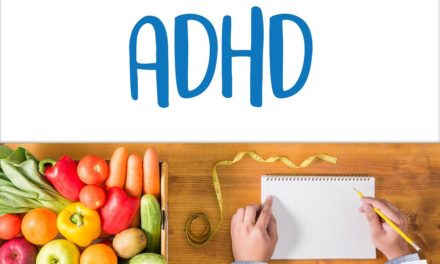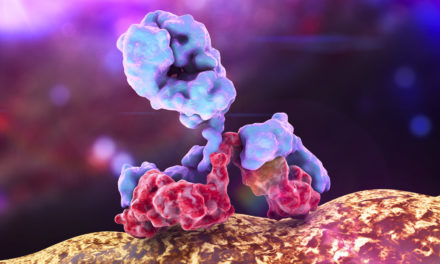Why do doctors prescribe drugs? Why do people take them? The answer is to change the body’s chemistry in order to correct a symptom. Anti-depressants are given to chemically increase neurotransmitter activity. Anti-inflammatory drugs biochemically reduce inflammation, giving relief from pain. Antibiotics chemically kill bacteria. Drugs exist to create chemical changes in order to bring a symptom under control. All drugs have side effects.
The sixth greatest killer in America, killing about 100,000 people per year, is drugs that are properly prescribed and taken according to the doctor’s instructions. This is not a complete indictment of drug therapy—let’s face it, there are times when drugs can save your life (although these instances are probably much fewer than the pharmaceutical industry would have you believe). Patients should be aware of what the goal of drug therapies are and whether or not there are any safer alternatives. Usually the alternatives are not only safer, but more effective.
Nutrition is another way to affect the body’s biochemistry. Unlike drug therapy, nutritional therapies have few, if any, side effects. Every activity in the body, digestion, muscle action, oxygen utilization, even thought, is the result of chemical reactions. Vitamins and minerals are the co-factors that enable these chemical reactions to occur. Generally, in chronic conditions, nutrition, herbs, homeopathics and other natural therapies are effective. Drug therapy is usually indicated in acute or life-threatening conditions.
Many herbal and nutritional therapies are well-researched. The traditional medical establishment is becoming increasingly interested in herbs and vitamins; they are safe and they get the job done.
Nutrients are effective in treating illness because many of the symptoms people suffer with are the result of nutrient deficiency. People try to use them like drugs—addressing specific symptoms. Patients are continually saying things like, “I heard vitamin E will help my virility” or “I heard that vitamin B will give me more energy”. Using vitamins to address specific symptoms doesn’t always work. If your fatigue is caused by a B vitamin deficiency, taking B vitamins will increase your energy. If you are deficient in vitamin E, taking vitamin E may increase your virility. We commonly hear doctors say the vitamins can’t cure disease, and, in a sense, they are right, with one important exception. Vitamins cure the disease of vitamin deficiency. So while it looks like vitamins and minerals are “curing” a health problem, what is really happening is the nutrient is enabling the body to function normally. Keeping that in mind here are some examples of problems caused by nutritional deficiency:
- Vitamin B6 deficiency can cause you to react to MSG (Chinese restaurant syndrome).
- Hay fever sufferers with itchy eyes are frequently deficient in vitamin A.
- Molybdenum deficiency may cause you to be sensitive to smoke and perfume.
- Deficiencies of folic acid or B12 can be a source of infertility.
- Deficiency of B12 can cause memory problems and even dementia in older people–sometimes symptoms are so severe that it is mistaken for Alzeheimer’s disease.
- Zinc deficiency can cause immune system problems, sugar cravings or skin problems.
- Magnesium deficiency can cause muscle spasms or heart arrythmias
- Essential fatty acid deficiency can cause skin problems, muscle fatigue or tension headaches.
- Vitamin B complex deficiencies can cause fatigue or depression.
- Folic acid deficiency can cause depression, anemia and a low white cell count.
- Anemias that don’t respond to iron supplementation may indicate a need of folic acid, B12, vitamin A, protein, copper or HCl
- Deficiencies in magnesium, calcium or essential fatty acids can be a source of menstrual cramps.
- Adequate selenium is necessary to effectively fight a viral infection.
- Vitamin A deficiency can cause vision, immune system or skin problems.
- People with many allergies are commonly deficient in trace minerals.
These are just some of the problems caused by nutritional deficiency, the tip of the iceberg. Virtually every function in the human body–including thought–is the result of a biochemical reaction. Good nutrition ensures good biochemical function.
You have to understand that not all immune system problems are caused by zinc deficiency and not all muscle spasm is the result of magnesium deficiency. This is the reason than one person can begin to take zinc and stop having colds and another takes zinc with seemingly no benefit. Zinc fixes a zinc deficiency, not the immune system (unless the immune problem is caused by the zinc deficiency).






